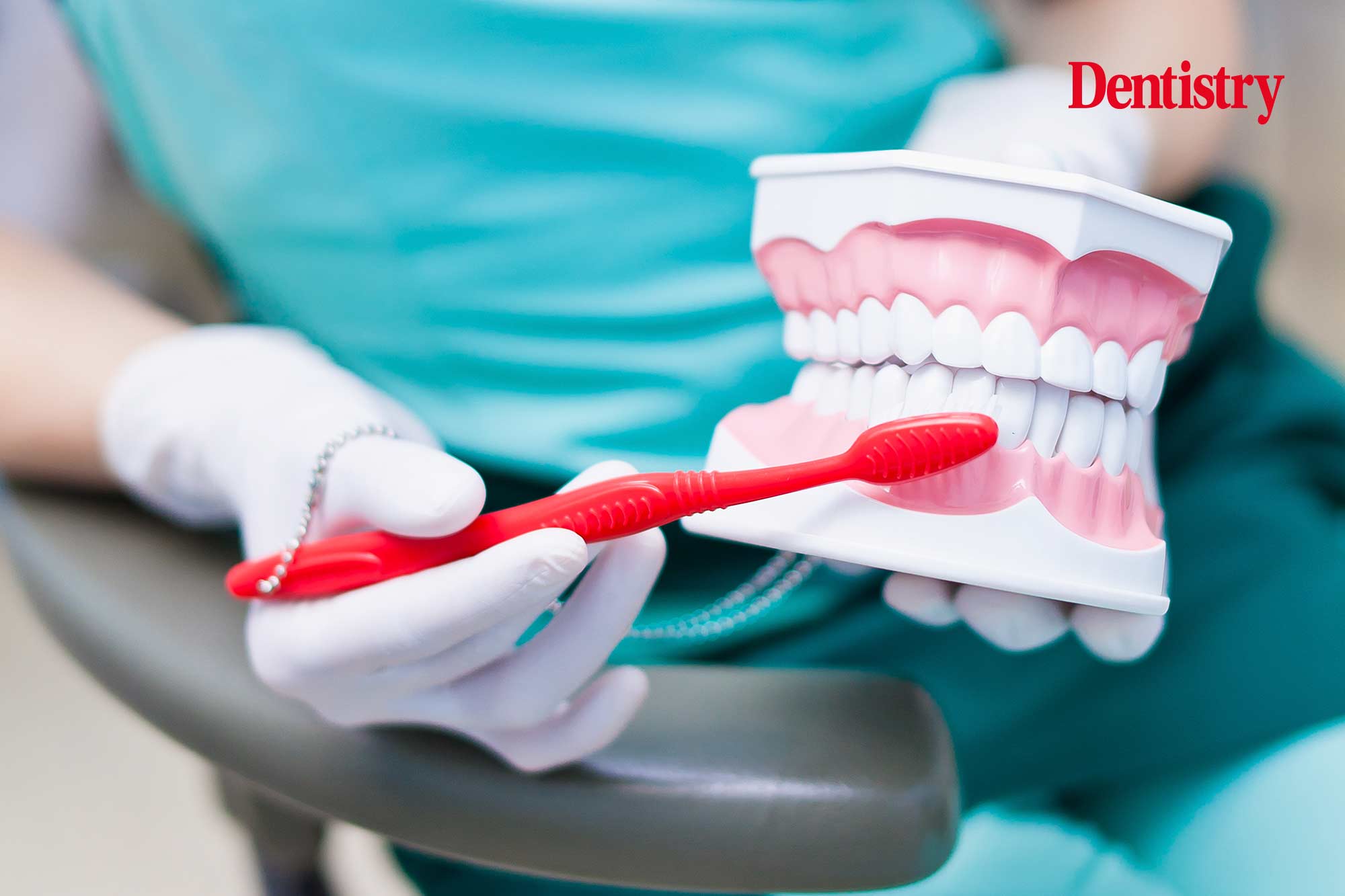
Dr Amo Sohal explains how dental neglect can end up costing more than regular dental visits – and why oral hygiene is key for sustainable treatment.
When a patient sits in the dental chair, whatever the level of engagement we get from them, we should always remind ourselves that they come because they choose to.
Reasons for visiting vary from one patient to another, but the common factor is that they are entrusting us to make them feel and look better. However empowering this may initially seem, clinicians have all experienced that this trust sadly does not equate to instant compliance or behavioural change.
At the recent BSDHT conference, I was invited by Philips to address delegates about enhancing the patient journey and optimising patients’ oral health before, during and after orthodontic treatment.
I explained how delivering effective oral health advice is imperative to achieving successful treatment outcomes and how the role of hygienists and therapists is still very under-utilised.
Lecturing patients is, of course, not the way to go. But how would they feel if you said to them that you are happy to ignore the state of their mouth, wait for oral health issues to develop and just focus on their treatment? This kind of approach would clearly be unacceptable.
Prioritise oral health
We are a profession that cares a lot about our patients’ oral health, but finding the most appropriate way to talk to our patients and keeping them motivated to make lasting changes remains a conundrum. Oral health advice should take precedence over any treatment in my view.
Without good oral hygiene, how sustainable is your treatment? In theory, prioritising the oral hygiene discussion may be desirable, but when the patient is running late, when you are in a bit of a rush or you only have a short appointment, it might feel easier to jump straight into the actual treatment by assuming that this is ultimately what our patients want.
When I came to the UK, my foreign certification meant that there was no immediate prospect of a job, so I volunteered as a receptionist, dental nurse and dental hygienist.
Although this was challenging at the time, it helped me considerably in understanding the complexities of patient compliance from a hygienist and therapist viewpoint and how this impacted on the ultimate success of the treatment.
Now as a dentist, I could not and would not do without my hygienists and therapists, both of whom I rely on and who work to their full potential.
Embrace dental technology
In my practice, I also fully embrace technology which supports patient engagement and patient compliance.
Many of my peers know how much I love Dental Monitoring as it helps me connect meaningfully and efficiently with patients by using virtual solutions, and the benefits of regular communication are huge.
Then of course, there are the Philips Sonicare toothbrushes for adults and children, and I especially advocate the connected ones which use apps to help patients monitor their progress and encourage behavioural change.
When patients feel more in control, they make the necessary steps at their own pace, and all without feeling lectured. These companies are all about innovation and research. They always seem to think outside the box, and their products are perfect to increase oral health education and enhance patient compliance.
With tools such as the Sonicare brushes and apps, hygienists and therapists can feel reassured that their work carries on at home in between appointments, which can help create long lasting change. For me as a dentist, this is invaluable as it makes my treatments sustainable and durable.
Once the patient understands that you really care, the hygienist is best placed to facilitate the compliance, and this has a favourable impact on my work.
Create space
How can I regard my treatments as successful if the patients’ oral health lapses months after seeing me? It is therefore in the dentist’s best interests to empower the hygienist and ensure their main role is to preserve the quality of our work.
So, my advice to my peers is that if they want to grow, they need to refer more routine work to their hygienists and therapists and instead focus on high end cases.
Practice owners should embrace their team and use all the resources available to be able to expand. This will benefit the whole practice, long term. That means sitting down with the hygienist and therapist and figuring out what could come under their remit and outsource to create space in the diary for more high-end treatments.
As for patients, you need to explain that their investment is going to be looked after. Dental neglect is what costs patient’s money, so that means they need to work more closely with the hygienist and therapist to maintain their oral hygiene. Once they understand that concept, it is plain sailing.
So, if you are a practice owner, what is stopping you from setting up a meeting today to talk to your hygienists and therapists and discuss how they could help you grow your practice?
For more information visit www.philips.co.uk.


